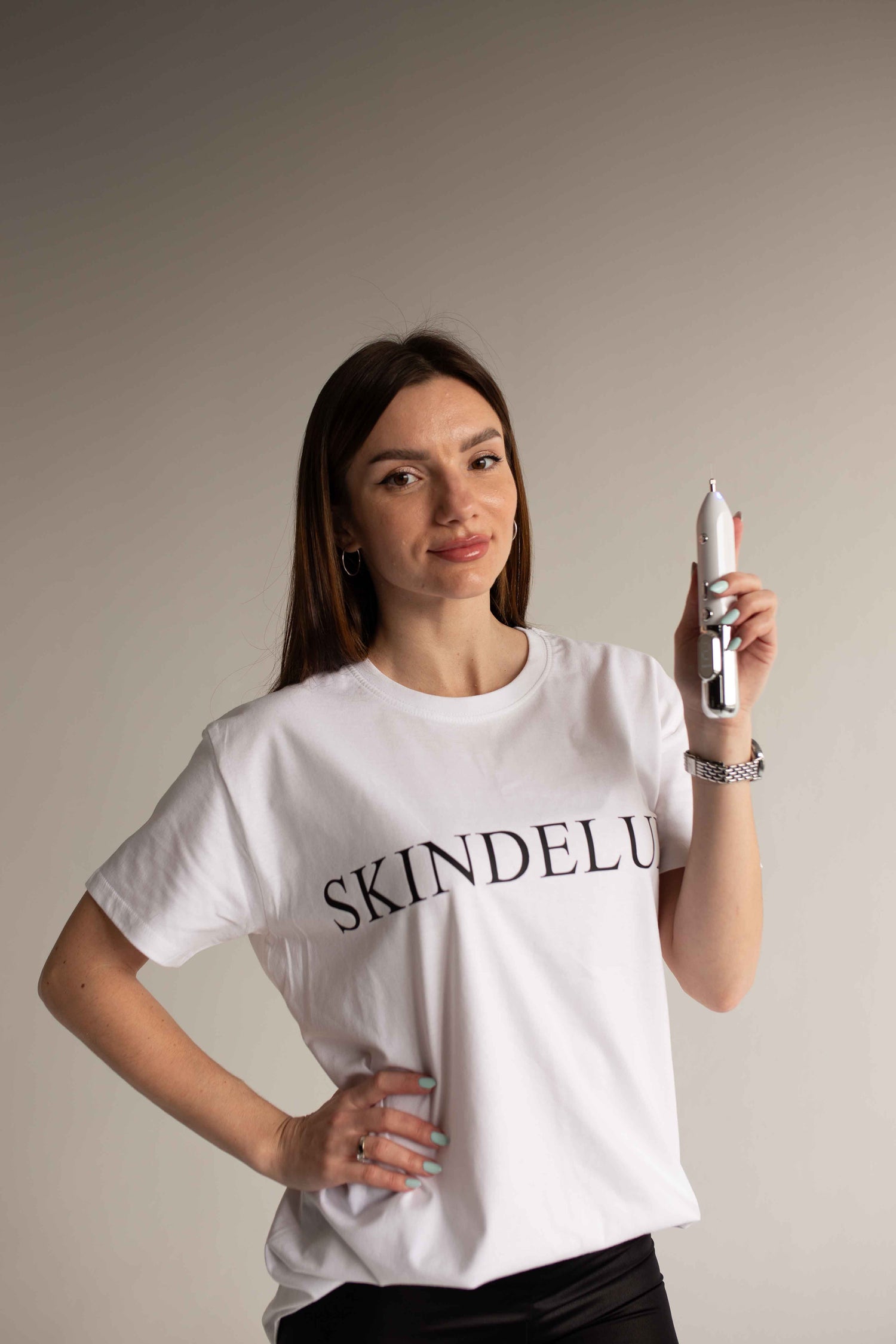Snail mucin. Bee venom. Glass skin. These are just some of the beauty trends to emerge from South Korea in the past five years. Whether you’ve dabbled in a bit of donkey milk (good for rejuvenating the skin with protein and fatty acids) or you’ve played it safe with a weekly face mask, K-beauty is everywhere. In fact, Allied Market Research says that by 2026, the K-beauty market will be worth an estimated $21 billion. According to Jenni Middleton, director of beauty at trend forecasting company WGSN, “During the coronavirus pandemic, consumers searched more for K-beauty, looking for innovative products to add to their lockdown beauty regimes.”
Like most cultural phenomena, K-beauty is ever-changing—what was big last year may not be as popular this year. As Middleton observes, we’re seeing the traditional 10-step routine give way to a more minimalist approach as conscious consumers react against fast fashion and excessive packaging. Elsewhere, playful gimmicks such as color-changing effects or jellylike substances are being passed over in favor of science-backed formulas.
To find out more about the biggest K-beauty trends of 2021, we spoke to some of the industry’s leading skin-care experts.
Charlotte Cho, founder of Soko Glam
1. Hanbang ingredients
“Hanbang ingredients are traditional herbal ingredients used in Korean medicines and they’ve long been a staple in Korean life. For example, ginseng root, houttuynia cordata, sacred lotus, and rehmannia boast antiaging, anti-inflammation, and regenerative properties.”
2. Acid layering
“K-beauty has been incorporating more acid into its products, but with a gentle approach that focuses on striking the balance: Too much can irritate and aggravate your skin, too little will yield no results, so products with an optimal amount is key. Use the right balance of AHAs and BHAs (plant and animal-derived acids) to gently exfoliate dead skin cells and smooth skin texture.”
3. Carrot seed oil
“Carrot seed oil is an unsung hero at the moment, although it has been used in K-beauty for more than 10 years. It contains vitamin A and is a great antioxidant. It’s antiaging, antifungal, antibacterial, and anti-inflammatory—so it’s ideal for anyone looking to brighten up their skin.”
4. Gentle retinol
“K-beauty’s ‘skin first’ approach will continue through 2021, especially given that self-care and skin care are so important right now. There’s no denying retinol’s powerful antiaging properties, but the K-beauty approach uses a lower percentage, so the skin stays healthier and less irritated. Retinol is highly efficacious without causing unnecessary damage.”
Coco Park, founder of The Beauty Wolf and coauthor of Korean Beauty Secrets (Simon & Schuster, 2015)
5. Centella asiatica
“[The year] 2021 is less about what’s ‘buzzy’ and more about what’s tried-and-true, with a focus on calming the skin. Centella asiatica [an herb grown in Asia, known for being anti-inflammatory]—or ‘cica’—is huge right now. With everyone dealing with the prolonged stress of the pandemic and dreaded ‘maskne,’ soothing irritated, angry skin seems to be at the forefront of people’s minds. Cica is the ingredient that everyone wants to add to their routine.”
Elisa Lee, founder of Dot Dot Skin
6. Clean beauty
“More brands are developing products free of chemical additives, artificial ingredients, and fragrance. Products will be even more gentle with effective plant-based ingredients, and many brands are becoming vegan as well. Consumers are more aware of what they put on their skin.”






